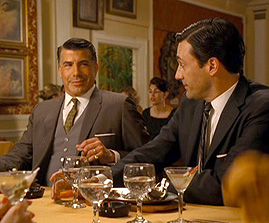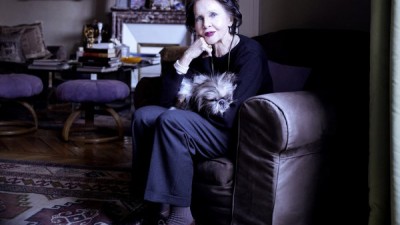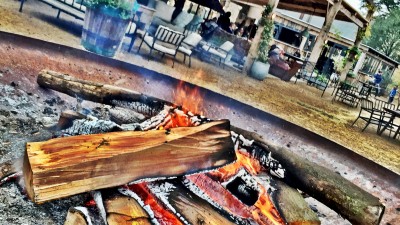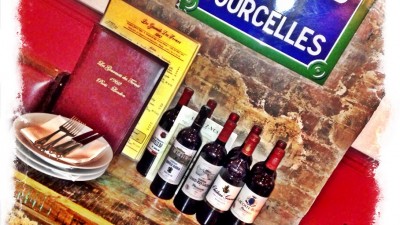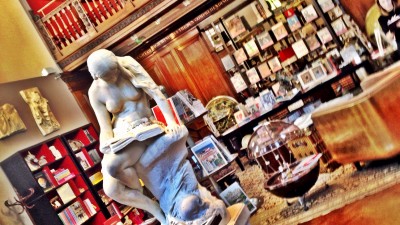For many French people, British gastronomy has long been summed up by the 1967 comedy Les Grandes Vacances, which sees exchange student Michonnet almost dying in London after a long month diet of oysters in milk broth and other local delicacies. So what a shock then it must have been in France when super chef Joël Robuchon declared in a recent interview that “London is very possibly the gastronomic capital of the world”.
Of course, for expats and regular visitors in London, such a tirade is not at all that surprising. London has indeed managed to transform itself in the past 15 years into a true foodie capital, thanks both to the rise of “Modern British” cuisine and to an innovative international food offer, with the 2011 Michelin attributing a total of 43 stars to restaurants offering Chinese, Indian, Italian or Japanese food, and even to a pub –which proves that fine food is not confined to chic establishments.
So how has London managed to reinvent itself so successfully? Being French, I would argue that my countrymen have had some influence in the matter, with the arrival in the 60s of chefs like the Roux brothers and Pierre Koffman, joined more recently by Hélène Darroze, Alain Ducasse, Pierre Gagnaire or Joël Robuchon. The fact that the new generation of British super chefs such as Gordon Ramsay have been trained in France also adds to the Gallic touch.
But there is more. During the early years of Cool Britannia, in the mid-90s, London discovered a new love not only for eating out -aided by the surge of massive bonus in the City- but also for home cooking. Culinary programs became compulsory viewing for the young and trendy, with presenters like Jamie Oliver reaching pop-star status. And while the days of ostentatious spending are over and the trend for celebrity chefs is showing signs of fatigue, this taste for good food prevails. Michonnet would be very surprised…
This column was fist published in the March issue of Metropolitan, the Eurostar magazine.

